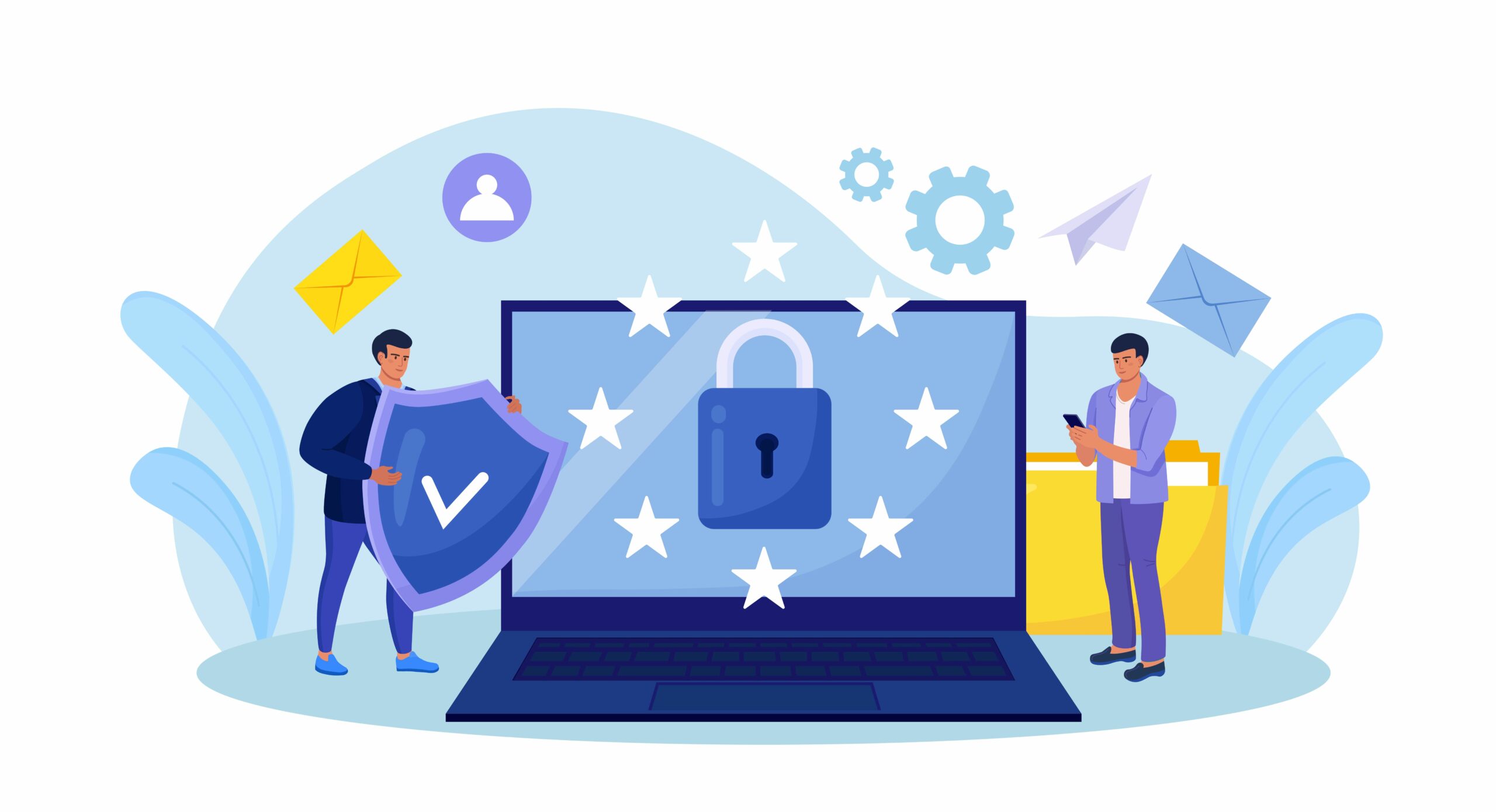So, you’re working from home and you’ve heard the term VPN being tossed around in virtual meetings. You might be wondering, “Do I really need a VPN for remote work?” The answer is yes, and there’s more to it than simply boosting your online security. As our working lives increasingly shift online, understanding the full impact of VPNs on remote work is crucial. This article aims to be your comprehensive guide, offering deep insights into why VPNs are becoming indispensable for remote work, how they improve productivity, and what it all means for teams spread across the globe.
What is a VPN and How Does it Work?
The ABCs of VPNs
A Virtual Private Network, better known as a VPN, is a service that routes your internet connection through a secure server. Imagine a protective tunnel that shields all your online activities from everyone else on the same public Wi-Fi network. It’s not just about concealing your browsing history from advertisers; a VPN ensures that sensitive information, such as passwords and business files, is encrypted and therefore unreadable to anyone who might try to intercept it.
The Nitty-Gritty: Encryption and IP Masking
Encryption is the cornerstone of VPN security. Your data is turned into complex codes as it travels through this secure tunnel, deterring cybercriminals from making sense of it. In addition, your IP address—your internet ‘identity’, so to speak—is hidden, making it difficult for anyone to trace your physical location or online activities.
Security: Not Just a Buzzword, But a Necessity
A Shield Against Cyber Threats
Remote work opens the floodgates to a plethora of security risks, from phishing to malware attacks. VPNs offer an added layer of protection by making you virtually invisible online. Even if a hacker manages to infiltrate your network, the encrypted data would be meaningless gibberish without the specific decryption key.
Keeping Business Data Safe
When dealing with client contracts, proprietary algorithms, or employee information, maintaining confidentiality is paramount. A VPN ensures that such sensitive data is transferred in an encrypted format, making it highly secure. This is a non-negotiable aspect for businesses that are legally obligated to protect customer information.
Elevating Productivity in Remote Work
Say Goodbye to Slow Internet
If you’ve ever felt the frustration of slow internet while trying to download large files or participate in high-stakes virtual meetings, a VPN can be your savior. By routing your connection through high-performance servers, VPNs can actually improve your connection speed and reliability.
Access What You Need, Wherever You Are
Certain job roles require access to region-specific websites or databases. A VPN can mimic your work location by connecting to a server in that region, enabling you to perform your tasks without any geographical restrictions.
Building Bridges for Global Teams
Seamless and Secure Team Communication
A VPN is particularly advantageous for businesses that have employees dispersed across multiple locations. It standardizes the online environment by providing everyone with secure access to the company’s internal network, making it easier to share files and collaborate on projects.
Uniform Work Experience
By using a VPN, every team member can have the same secure and efficient access to the organizational resources, regardless of whether they are working from a skyscraper in Manhattan or a coffee shop in Sydney. This ensures that everyone has a level playing field, helping maintain team cohesion and consistency in work output.
FAQs: Your Burning Questions Answered
Does a VPN Slow Down My Internet Connection?
This is a common question and the answer is nuanced. While the encryption process may slow things down slightly, a high-quality VPN service can actually optimize your connection speed by selecting the fastest server route available. Therefore, any slowdown is often negligible and outweighed by the security benefits.
Is a VPN Absolutely Necessary for All Remote Workers?
It really depends on your job and the nature of your tasks. However, considering the various security threats and the need for consistent access to company resources, it’s highly recommended for most remote workers to use a VPN.
Conclusion
If you’re committed to the remote work lifestyle, then understanding and utilizing a VPN should be on your to-do list. It not only fortifies your online security but also optimizes your work environment for productivity and global collaboration. So, the next time you hit “connect” on your remote desktop, consider pairing it with a VPN. It might just be the smartest career move you can make from the comfort of your own home.




